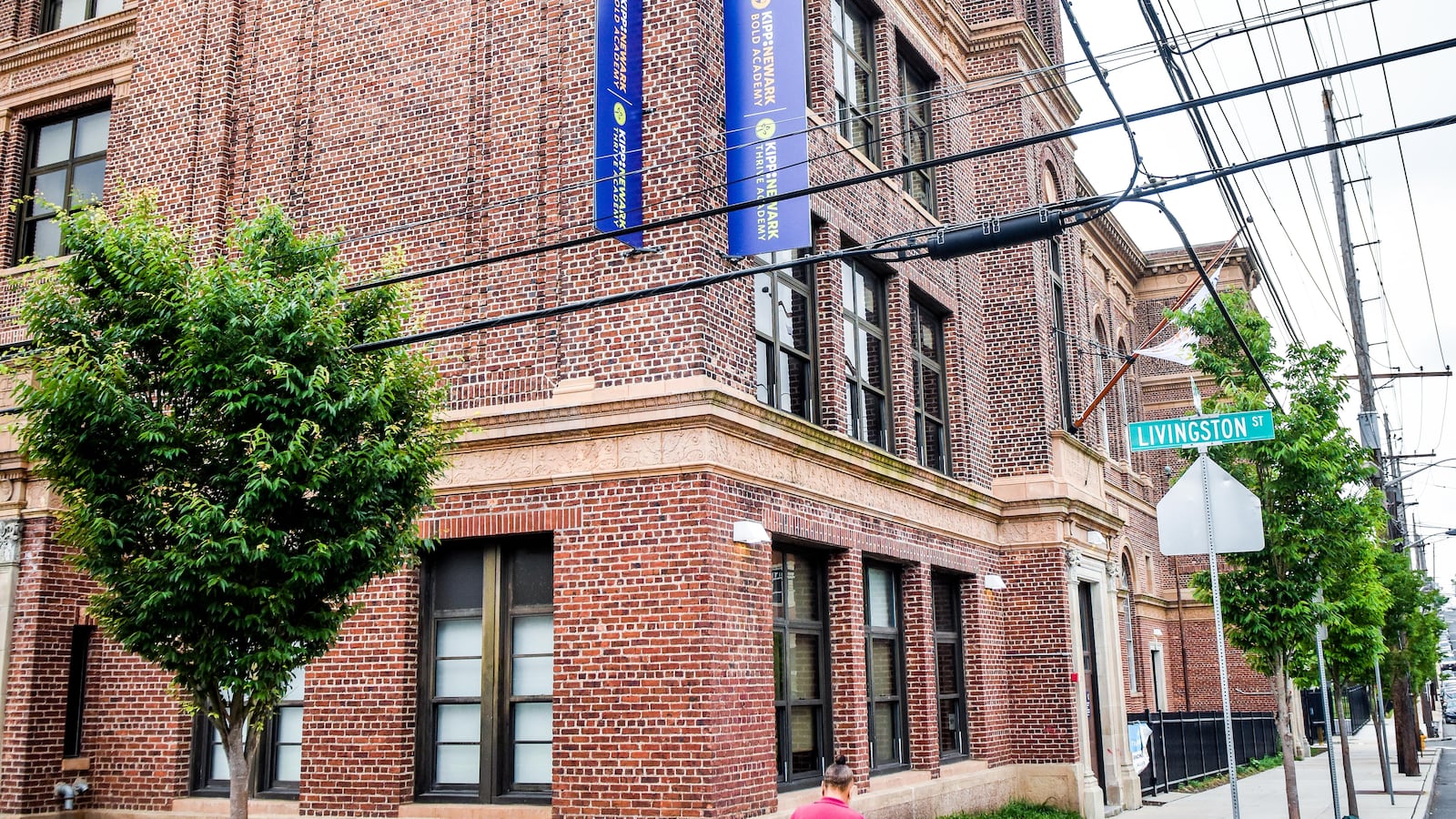On the national stage, charter schools remain deeply divisive. But in Newark, where more than one in three students attend charters, a majority of voters support the schools, according to a new poll.
By a two-to-one margin, respondents said they agreed with the statement that “public charter schools are an important part of the public school landscape in Newark,” according to an online poll of 516 registered Newark voters conducted in early September. Specifically, 63% of respondents agreed, 27% disagreed, and 10% said they were unsure.
The poll was conducted by the firm Change Research and commissioned by the New Jersey Children’s Foundation, a Newark-based nonprofit that supports charter schools and promotes district-charter cooperation.
The results are in line with national polls that find black and Hispanic Democrats — who make up the majority of Newark’s electorate — are far more likely to back charter schools than are white Democrats. The publicly released results from the Newark poll did not break down responses by race or ethnicity, but about 82% of the respondents were black or Hispanic, which is similar to the city’s demographics.
Experts caution that the wording of polls about school choice can influence the results. For instance, the Newark poll refers to “public charter schools,” a phrase preferred by advocates eager to emphasize that the schools are public.
Marty West, a professor at the Harvard Graduate School of Education, said it was possible some of the poll respondents could believe charter schools are “important,” as the question asked, but not desirable.
Still, he said it would not be surprising to find stronger-than-average support for charter schools in Newark, where 35% of public-school students attended charter schools last year. National polls have found higher support for charters among people who live in areas with those schools, West said.
Among all Americans, 48% support the formation of charter schools and 39% oppose their formation, according to a May 2019 poll by Education Next, a publication that is generally sympathetic to charter schools. West is the editor in chief.
Charter proponents argued that the Newark poll also reflects the strength of the city’s charter sector. While both sectors feature high- and low-achieving schools, Newark’s charter schools on average outperform its traditional schools on the state exams.
“The data shows that charter schools work — and the data is emerging that the public supports them,” said Kyle Rosenkrans, a former fundraiser for the KIPP New Jersey charter school network who now heads the New Jersey Children’s Foundation.
The group paid for the poll at a time when charter schools are facing mounting skepticism from the left. As the Trump administration champions the schools, some Democratic politicians — including the leading presidential contenders — have called for stricter regulation of the schools or even a national moratorium.
In New Jersey, Gov. Phil Murphy has expressed far more ambivalence about charter schools than did his predecessor, Chris Christie, who encouraged their expansion. And in Newark, a charter-friendly superintendent has been replaced by Roger León, a district veteran who has called attention to the financial strain that the growing charter sector has put on the district’s budget.
Rosenkrans said the poll was not intended to preempt any possible restrictions on the charter sector. But he argued that the finding of public support for charters “should be on the minds of policymakers if they’re doing their duty.”
The poll, which has a 4.3% margin of error, also asked about a number of other local education issues in Newark. Among the findings:
- Broad support for more school options: 88% of respondents agreed that “parents in Newark should have more quality school options than they do right now, including public charter schools.” A similar share appeared to express support for the city’s universal enrollment system, which allows families to apply to most traditional and charter schools in one place — though the poll did not explicitly refer to the system, called Newark Enrolls.
- Support for teachers contract: 51% of respondents said they believe a recently approved contract that raises teachers’ salaries “will be good for Newark students.” About a third disagreed that the contract will be good for students.
- Funding is a top concern: “Lack of funding” was a main concern for respondents, with 46% choosing that as the biggest problem facing Newark’s schools. Next were “poor performance” (39%) and school safety (36%).
- Facilities are a problem, too: Nearly 60% of respondents said the city’s school buildings are in “not so good” or “poor condition,” compared with about 30% who said they’re in “excellent” or “good” shape. An overwhelming majority supported increased funding for repairs.
- New superintendent is largely unknown: 51% of respondents said they had not heard of León, who became superintendent in July 2018. Among those who had, 18% said they have “favorable” views of León, 7% have “unfavorable” views, and 24% are neutral.
The online poll used targeted ads to solicit responses, then weighted the results to ensure they reflect the demographics of the city’s electorate, said Mike Greenfield, CEO of Change Research. Among the 64% of respondents who are parents, about half have children who are currently in K-12 schools.
John Abeigon, the president of the Newark Teachers Union and an ardent critic of charter schools, which generally are not unionized, challenged the assertion that public opinion should inform education policymaking — such as whether or not to approve new charter schools. He said teachers are the real experts on education, and public opinion on schools should be taken “with a grain of salt.”
However, he was glad to hear a majority of Newarkers in the poll endorsed the new teachers contract.
“It’s absolute validation,” Abeigon said. “Not that I needed the public’s validation, but I appreciate it.”


